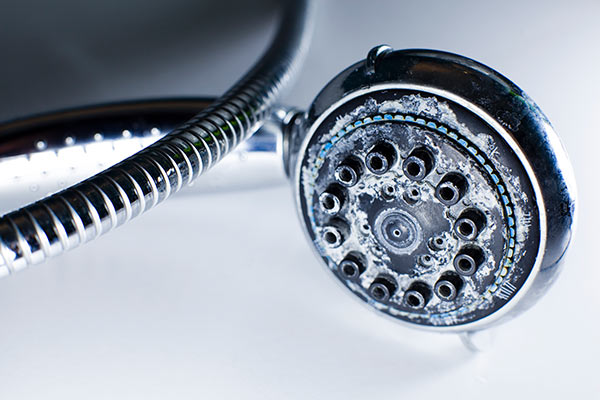 You've heard the terms "hard water" and "soft water." But perhaps you're not quite sure what those terms mean, which water type is safest for you to drink, or what kind of water should be flowing out of your faucets.
You've heard the terms "hard water" and "soft water." But perhaps you're not quite sure what those terms mean, which water type is safest for you to drink, or what kind of water should be flowing out of your faucets.
Let's explore the differences between hard and soft water as well as the potential problems and solutions associated with each of them.
What is hard water?
Hard water is water that has higher-than-normal mineral content — usually a mixture of varying levels of calcium and magnesium. Hard water isn't necessarily unsafe to drink. In fact, it may even have moderate health benefits for those who are calcium or magnesium deficient!
What's so bad about hard water then? Well, in your home, hard water will...
- Create calcium and limescale stains on your faucets and shower heads.
- Make most dish soap less effective, leading to residue on perfectly clean dishes that just came out of the dishwasher.
- Negate the effects of most laundry detergent leaving clumped up ‘oil spots’ on clean clothes even before they make it into the dryer
- Leave your hair looking dull or even unwashed
Meanwhile, in commercial settings, hard water can cause boilers, cooling towers, water heaters, and other equipment that handles water to break down.
What is soft water?
Soft water contains low concentrations of ions such as calcium and magnesium. Soft water can occur naturally where water gathers near calcium-poor rocks, or it can be deliberately softened by implementing lime softeners or ion-exchange resins. Soft water is safe for consumption whether it is naturally soft or manually softened.
Neither soft water nor softened water will have the adverse effects of hard water. This means you'll get the spotless dishes, shiny hair, and clean clothes you've been striving for, and you won't have to worry about any potential buildup in your water heater.
Installing a water softener is worth the investment. It will pay for itself over time because you will no longer need to wash things multiple times to get them clean or keep buying pricey water softening chemicals.
Do you identify with the hard water woes we described above? Contact Ken's Plumbing today! We have water softeners on hand to plumb into your home’s water supply, which help remove those minerals from your water using ion exchange. You can give us a call at (864) 242-5511 or contact us online to ask any questions you have, or you can click on the banner below to schedule service!
If you enjoyed this article, please check out our other blog articles and join us on Facebook or Twitter to see how else we can help with all of your residential and commercial plumbing needs!


.png)